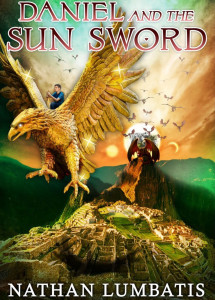Cookie-cutter characters kill fiction. Weak villains and weak heroes, characters that we can easily forget. How do we avoid this to strengthen the books we write?
Remember that childhood tale of the Gingerbread Man? Oh yes, he was cut out of cookie dough and ran away from the little old woman, shouting, “Run, run as fast as you can. You can’t catch me, I’m the gingerbread man!” He ran until he came to a river and there the sly fox fooled him and at the last ate him.
The story is simple by design, yet it gives readers and incredibly memorable impression of the gingerbread man. Why? Because in a short time you understand the gingerbread man’s primary traits. Namely, he is over-confident and brainless. He is so consumed by his desire to escape everyone that wants to eat him that he jumps into bed with the devil himself.
Create memorable characters by focusing on the traits that make them themselves. What makes them tick? What makes them different from their peers, or do they follow the crowd? What strengths can they use to rise above their circumstances… or what failings will we see bring them to a miserable end?
It was said of J.K. Rowling that she created 3rd dimensional characters in her Harry Potter series, and I quite agree. The characters had personality. They had depth. We could feel what they were feeling, or at the least understand the motivations behind their actions.
All great fiction stories are like this, even if they are plot-driven rather than character-driven. Weak characters will kill any good story. If you mold them in the image of known characters the readers will resent it, or at the least find it forgettable. But if you fashion a new individual with their own set of traits and deep-rooted motivations for the actions they take, you will create a story worth re-reading. One that one generation will treasure for the next.
Q: What stories have you felt use too many “cookie-cutter” characters?





Recent Comments